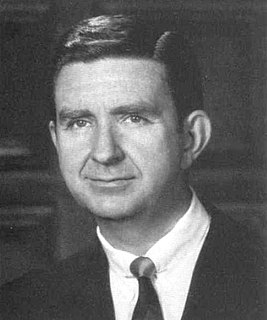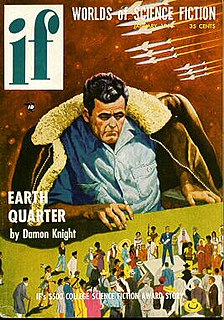A Quote by Maryanne Wolf
The integration of the simpler and the deeper reading processes is not automatic and requires years of learning by the novice reader, as well as extra milliseconds for any expert to read a more sophisticated text.
Related Quotes
We must be forewarned that only rarely does a text easily lend itself to the reader's curiosity... the reading of a text is a transaction between the reader and the text, which mediates the encounter between the reader and writer. It is a composition between the reader and the writer in which the reader "rewrites" the text making a determined effort not to betray the author's spirit.
Learning is not automatic. You do not automatically know how to read because you turn five. Most of us are sensitive to the fact that we still have something to learn at every step of the way. Learning is not automatic. It comes with seeking and searching, with reading and watching, with thinking, praying, and listening.
So we start with an oversignifying reader. Those texts that appear to reward this reader for this additional investment - text that we find exceptionally suggestive, apposite, or musical - are usually adjudged to be 'poetic'. ... The work of the poet is to contribute a text that will firstly invite such a reading; and secondly reward such a reading.
To read well, that is, to read true books in a true spirit, is a noble exercise, and one that will tax the reader more than any exercise which the customs of the day esteem. It requires a training such as the athletes underwent, the steady intention almost of the whole life to this object. Books must be read as deliberately and reservedly as they were written.
Whatever our bedtime was as kids, we could stay up an extra half hour if we were reading. My parents didn't care as long as I was under the spell of a Stephen King or a Douglas Adams. Now I read in bed. I read at work. I read standing in line. It's like, 'Hello, my name is Nathan and I am a reader.'
And so, when I began to read the proffered pages, I at one moment lost the train of thought in the text and drowned it in my own feelings. In these seconds of absence and self-oblivion, centuries passed with every read but uncomprehended and unabsorbed line, and when, after a few moments, I came to and re-established contact with the text, I knew that the reader who returns from the open seas of his feelings is no longer the same reader who embarked on that sea only a short while ago.
If you are reading in order to become a better reader, you cannot read just any book or article. You will not improve as a reader if all you read are books that are well within your capacity. You must tackle books that are beyond you, or, as we have said, books that are over your head. Only books of that sort will make you stretch your mind. And unless you stretch, you will not learn.



































